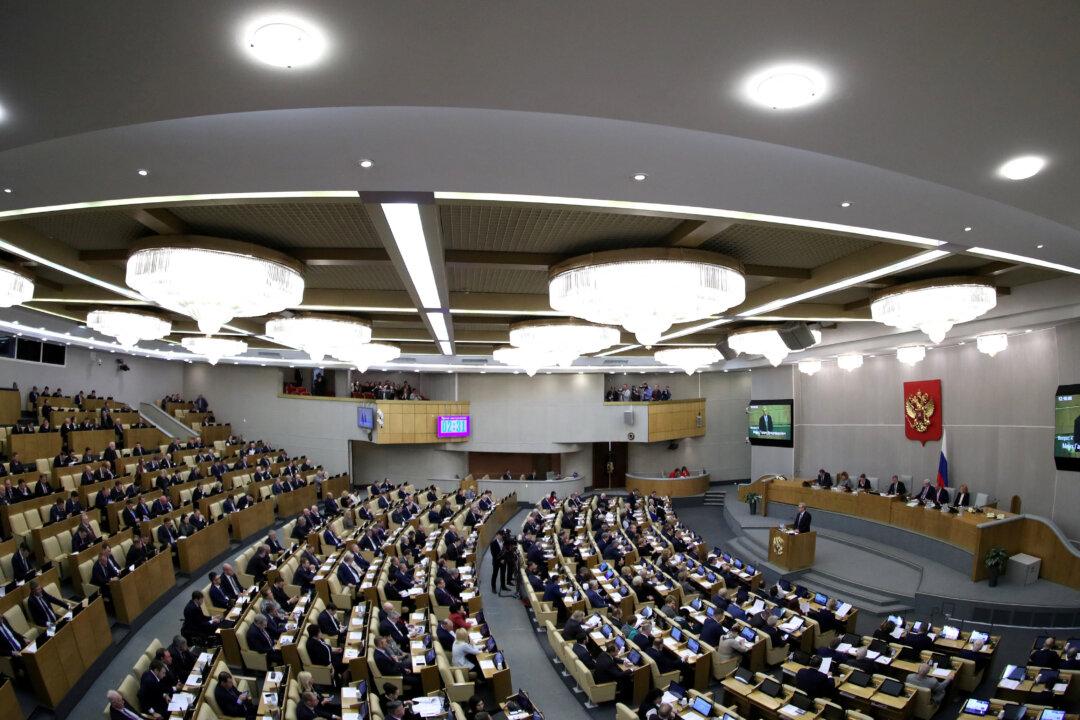The State Duma, the lower house of Russia’s parliament, has adopted a bill paving the way for Moscow’s withdrawal from the Treaty on Conventional Armed Forces in Europe (CFE).
Signed in 1990, the CFE treaty sought to limit the deployment of conventional military forces in Europe by both the Western NATO alliance and the Soviet-Era Warsaw Pact.





